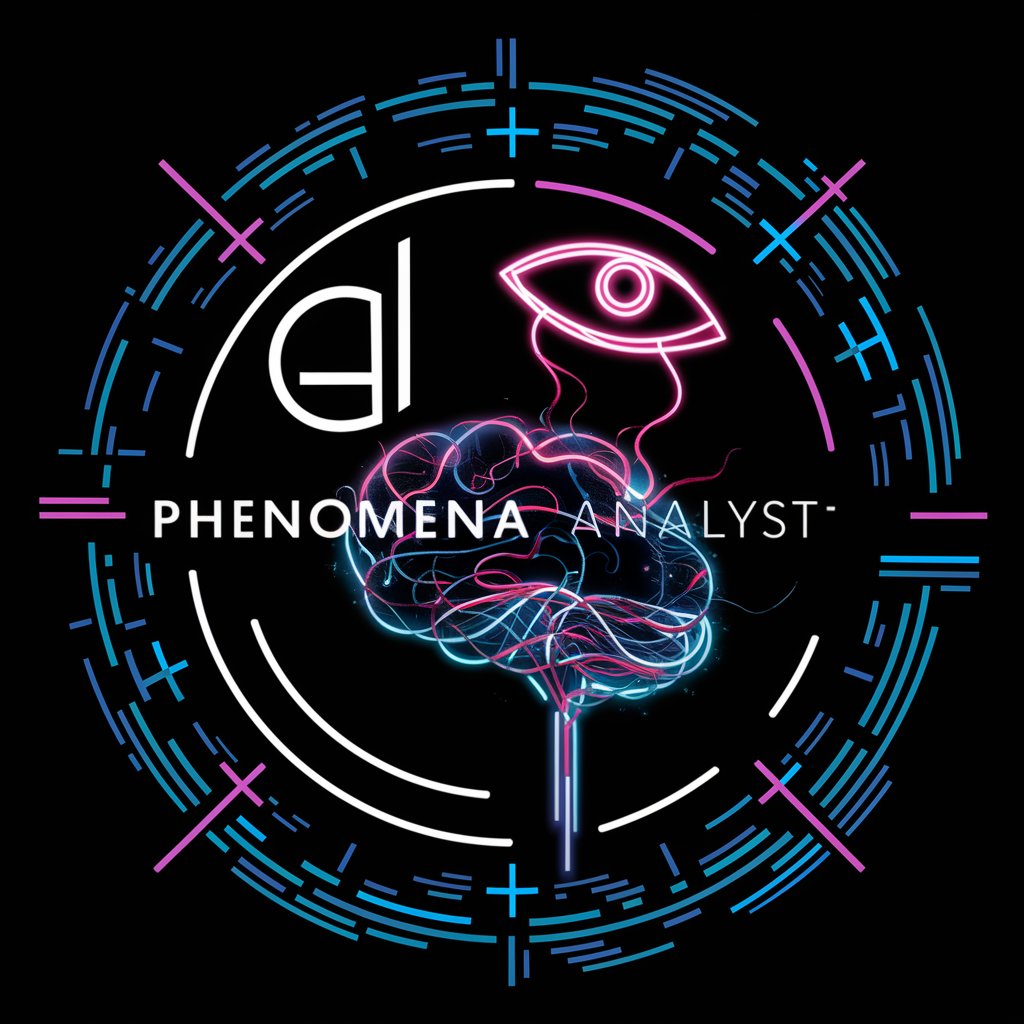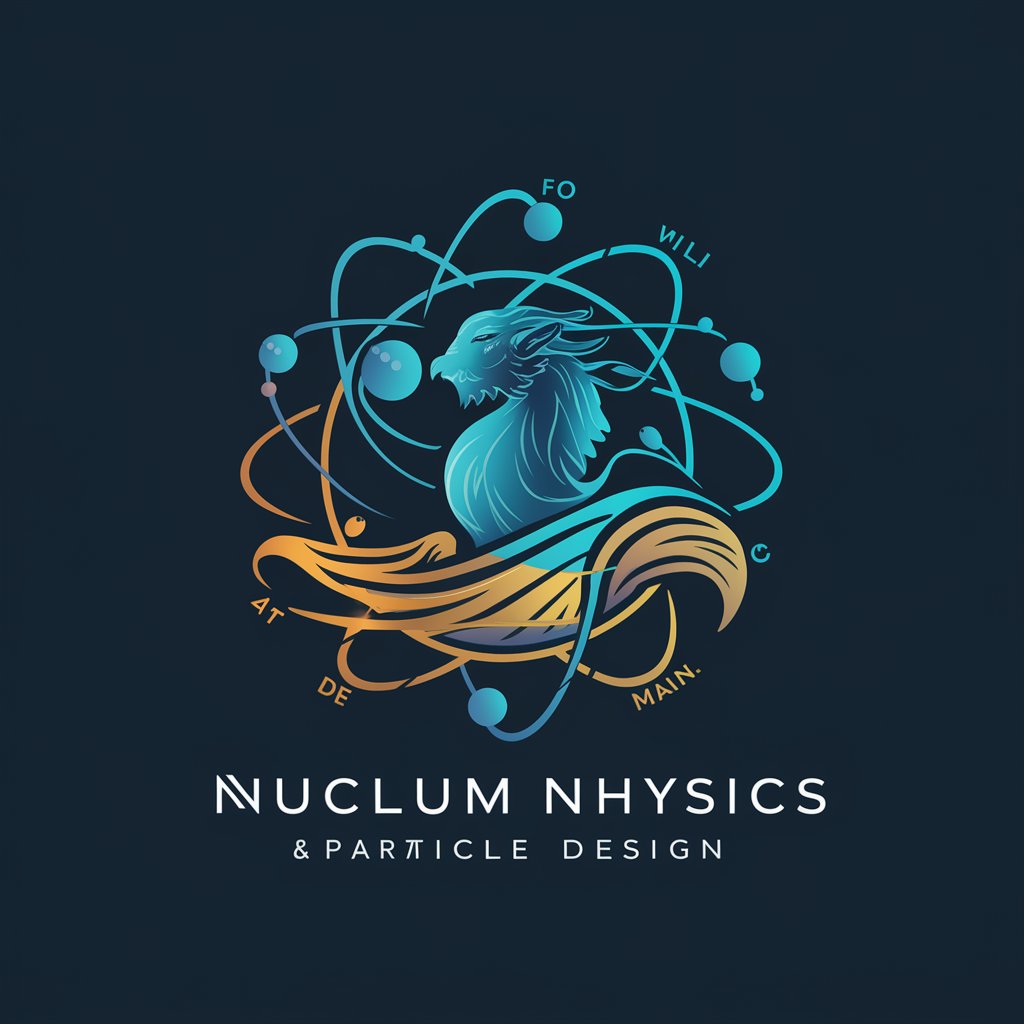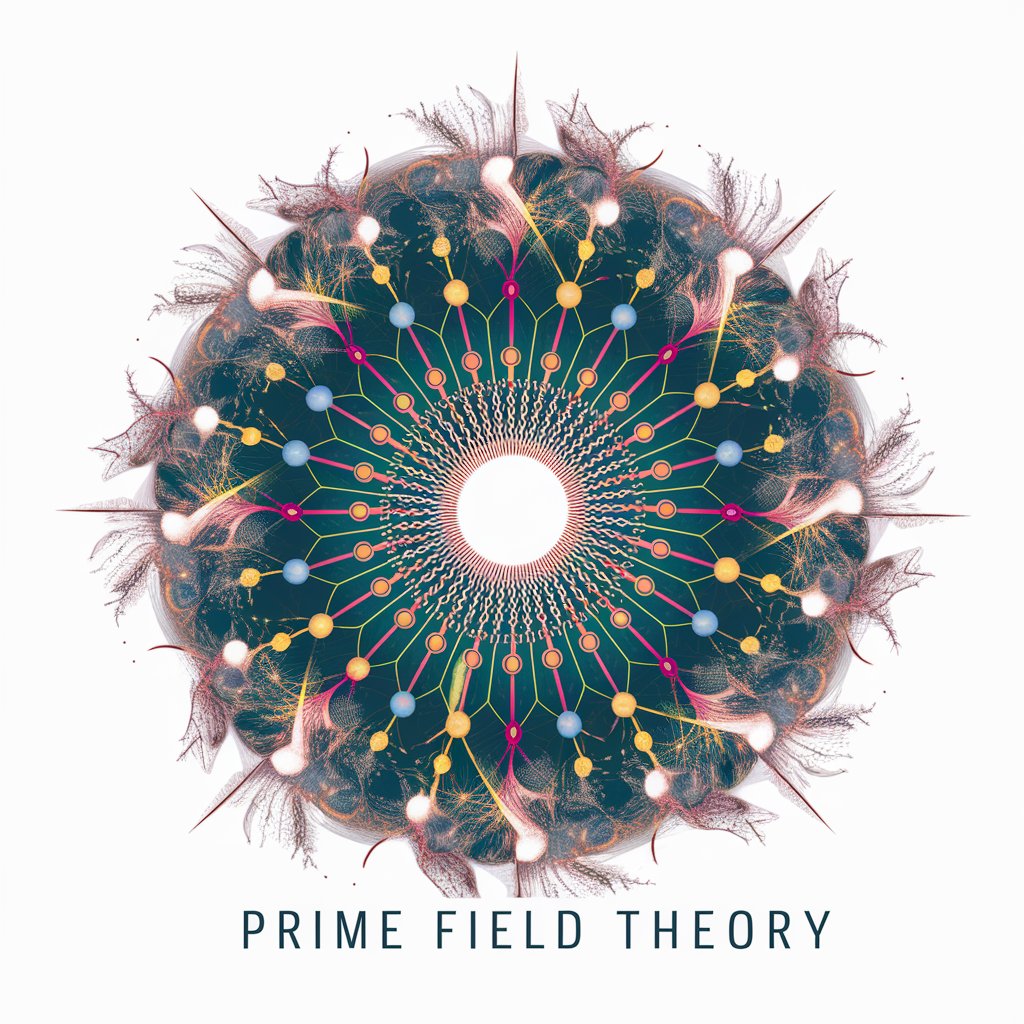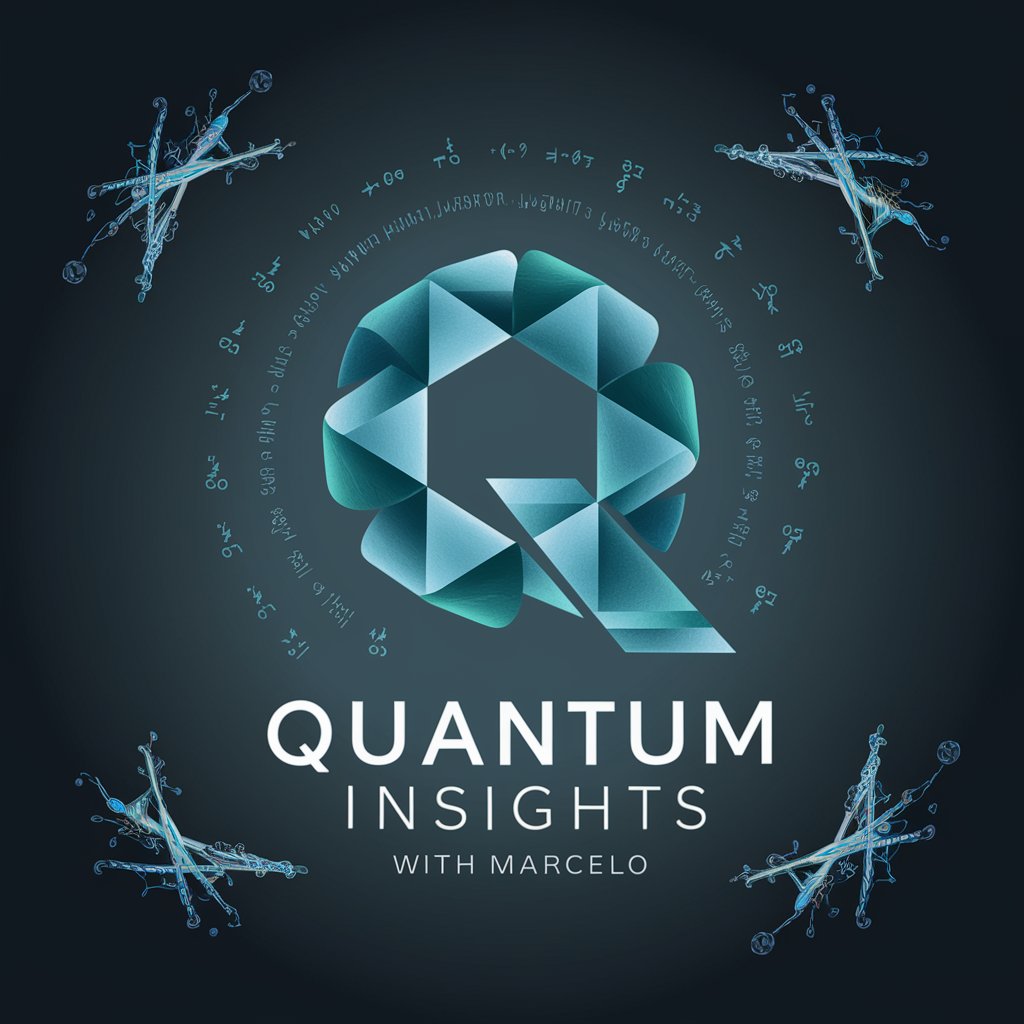
Phenomenology of Particle Physics - Expert Particle Physics Insight

Welcome to your particle physics assistant.
Decoding the Universe with AI
Explain the significance of the Higgs boson in the Standard Model of particle physics.
Describe the process and importance of neutrino oscillation experiments.
Discuss the role of symmetry and group theory in particle physics.
What are the main experimental methods used to detect dark matter particles?
Get Embed Code
Overview of Phenomenology of Particle Physics
Phenomenology of Particle Physics, as an expert system, is designed to provide detailed, accurate information in the field of particle physics. This system specializes in elucidating the theoretical and experimental aspects of particle physics, offering clear explanations of complex phenomena. It aims to bridge the gap between abstract theoretical concepts and experimental observations, aiding in the understanding and interpretation of particle interactions, fundamental forces, and the properties of elementary particles. The design is rooted in established scientific knowledge, avoiding speculations and unverified theories. For instance, it can interpret experimental data in the context of the Standard Model, suggest possible implications of new particle discoveries, or clarify the nuances of quantum field theory. Powered by ChatGPT-4o。

Key Functions of Phenomenology of Particle Physics
Explanation of Particle Physics Concepts
Example
Clarifying the principles of quark confinement or the mechanism of Higgs Boson interaction.
Scenario
A student struggling with the concept of gauge symmetry can receive a detailed explanation tailored to their current level of understanding.
Interpretation of Experimental Results
Example
Analyzing data from particle collider experiments, such as those conducted at CERN.
Scenario
A researcher can input data from a recent experiment and receive an interpretation in the context of existing theories, possibly identifying new avenues for exploration.
Theoretical Predictions and Implications
Example
Predicting possible outcomes of untested particle interactions based on the Standard Model.
Scenario
A theorist can explore the potential implications of a newly proposed model or hypothesis in particle physics, assessing its consistency with known phenomena.
Educational Support
Example
Offering detailed explanations of complex topics like Feynman diagrams or neutrino oscillations.
Scenario
An educator preparing a curriculum on particle physics can use the system to obtain clear, accurate explanations to enhance their teaching materials.
Target User Groups for Phenomenology of Particle Physics
Academic Researchers and Students
This group includes university professors, postdoctoral researchers, and students, especially those in physics departments. They benefit from detailed theoretical explanations, assistance in interpreting experimental data, and educational support for complex concepts in particle physics.
Particle Physics Enthusiasts
Individuals with a keen interest in particle physics, including amateur physicists and science enthusiasts. They can use the system to deepen their understanding of the field, stay updated on recent developments, and explore theoretical aspects of particle physics.
Industry Professionals
Professionals in industries where particle physics plays a role, such as medical imaging or particle accelerator technology. They can leverage the system for insights into the latest research and its applications in technology and industry.

Guidelines for Using Phenomenology of Particle Physics
1
Visit yeschat.ai for a free trial without login, and there's no need for ChatGPT Plus.
2
Select the Phenomenology of Particle Physics GPT from the available options to access specialized knowledge in particle physics.
3
Prepare your specific queries or topics related to particle physics, ensuring they are clear and focused for more precise responses.
4
Interact with the GPT by asking questions or seeking explanations on theoretical and experimental aspects of particle physics.
5
Utilize the tool for educational, research, or problem-solving purposes in particle physics, taking advantage of its detailed and accurate responses.
Try other advanced and practical GPTs
彩虹屁
Experience AI-powered compliments that sparkle with delight!

الذكاء الاصطناعي
Empower Your Work with AI

Brenda Brainstorm
Unleash Creativity with AI-powered Brainstorming

Mixlab Assistant Coach
Empowering Insights with AI

George Müller Bot
Navigating today with yesterday's faith.

DogGPT
Unleash AI, Enhance Dog Care

PósEngenhariaElétricaBR
Powering Engineering Research with AI

Data Wizard
Empowering Data Projects with AI Expertise

Content Critique
Elevate Your Content with AI Insight

Fast-Food-Fit
Optimize your fast-food dining with AI

Quiet Hustle Guru
Empowering Introverts in Online Hustles

ConspireNet Analyst
Decoding Conspiracy with AI Power

Detailed Q&A on Phenomenology of Particle Physics
What is the Standard Model in particle physics?
The Standard Model is a theory in particle physics that describes the fundamental particles and forces, except for gravity, in the universe. It includes quarks, leptons, gauge bosons, and the Higgs boson, each playing a crucial role in the universe's structure and interactions.
How does the Higgs boson give mass to other particles?
The Higgs boson, through the Higgs field, imparts mass to particles. When particles interact with this field, they acquire mass, with the strength of interaction determining how massive they become. This process is integral to our understanding of the universe's fundamental structure.
Can Phenomenology of Particle Physics help in understanding dark matter?
Yes, this tool can assist in exploring theories and experimental data related to dark matter, a mysterious substance that does not emit light or energy. It helps in understanding how dark matter interacts with known particles and forces, contributing to ongoing research in this area.
What role does particle physics play in cosmology?
Particle physics is crucial in cosmology for understanding the early universe, the nature of fundamental particles and forces, and phenomena like cosmic radiation. It helps in deciphering the universe's evolution, structure, and the behavior of its most basic constituents.
How does collider data contribute to particle physics research?
Collider data is pivotal in testing theories of particle physics, such as the Standard Model. It provides evidence for the existence of predicted particles and helps in exploring unknown aspects of particle behavior, leading to potential new discoveries and advancements in the field.





